Central Massachusetts Artist Initiative
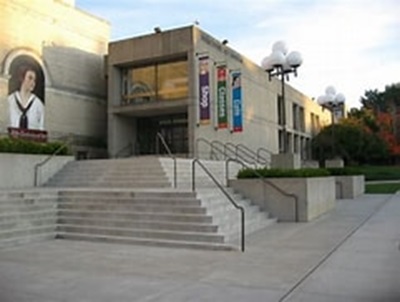
November 8, 2023–May 5, 2024
Sidney and Rosalie Rose Gallery (321), modern and contemporary (1940–present)
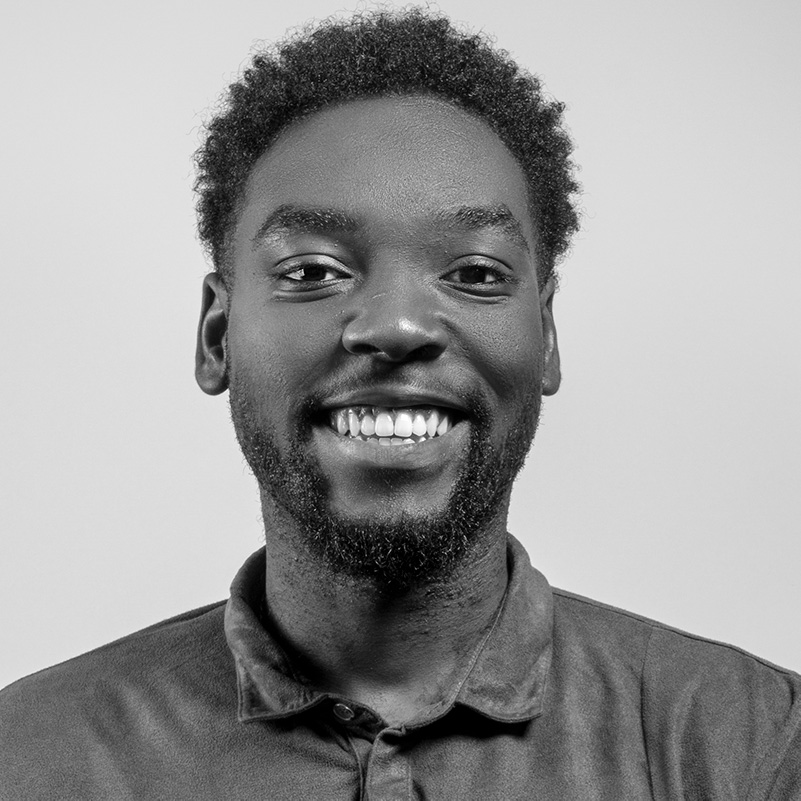
Claudio Eshun (Ghanaian, born 1996) is a Worcester-based photographer who depicts his friends and family in expressive tableaus, utilizing costume and performance to create evocative compositions. Elegant Alien is a continuing body of work that Eshun has created about his family’s history of immigration from Ghana and through Italy, as well as their creation of a new home in America.
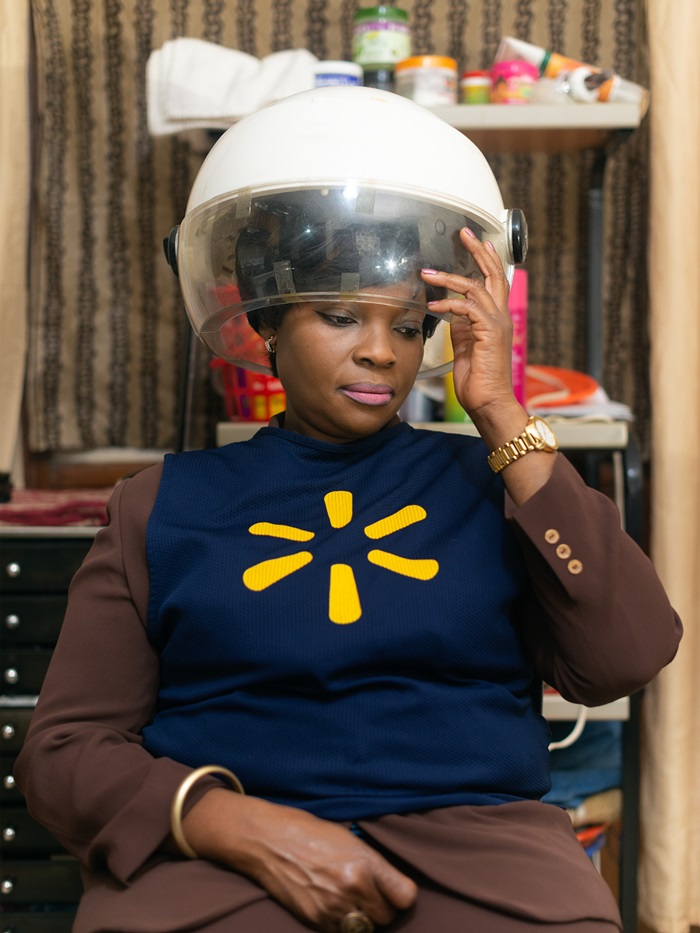
He explores the deconstruction and reconstruction of identities, as well as the accompanying tensions of alienation, adaptation, and assimilation. His photography reflects and reimagines scenes from his own personal history, and explores his multifaceted identity as an African, Black, hyper-visible, yet invisible man in America.
Eshun has exhibited at the Harvard Art Museums (Cambridge), Beacon Street Gallery (Brookline), and the White Room (Worcester). He is also the creator and publisher of dromo, an independent zine for first generation immigrants of African descent and independent artists.
Claudio Eshun aka “Don Claude” was born in Accra, Ghana, and lived in Vicenza, Italy until 9 before growing up in Worcester, MA with his mother and two younger siblings. Don Claude’s work was recently exhibited at the Beacon Street Gallery. He was shortlisted for the 11th Kassel Dummy Award in 2020. His work “Super Mom” is held in the collections of the MassArt Art Museum.
Claudio Eshun (Aka Don Claude)
MFA ’21 PHOTOGRAPHY
I reflect on and reimagine scenes from my own personal history: I see images from Ghana and Italy and more recently from America. I incorporate all these visual languages into the images I create. As a once-stateless person who had to learn how to navigate institutions, cultures and languages, my work merges my distinct identities as an African, black, hypervisible, and invisible man in America.
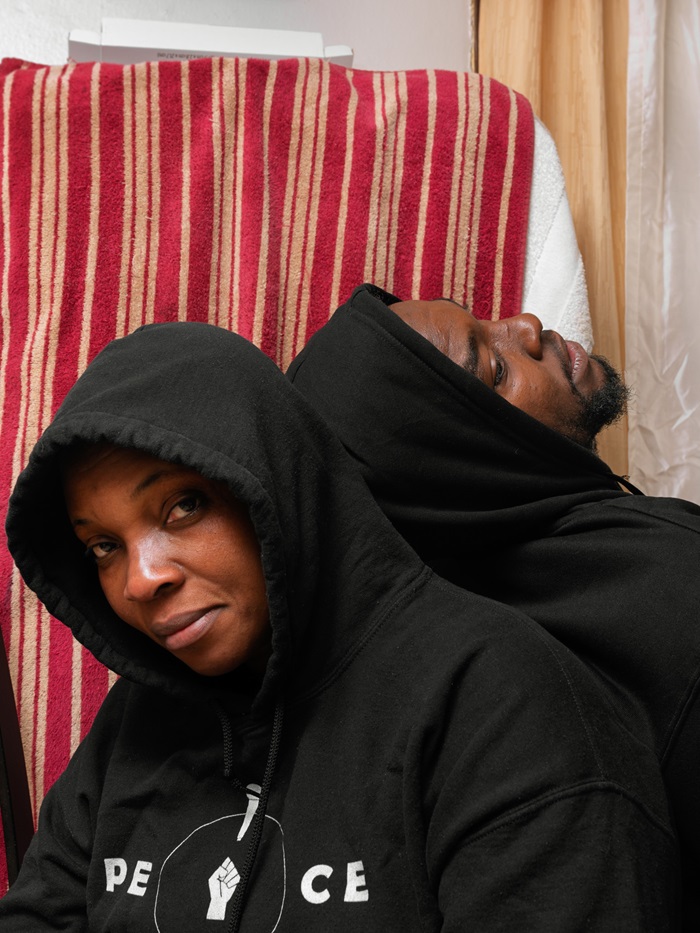
Performance, gesture and costume allow me to conjure the people and places of my life.
The tableaux I create provide a stage to elicit emotional registers of individual experience and the specific concerns of black individuals from a multiplicity of backgrounds.
I am in conversation with my family and friends – I listen closely to stories about their experiences and lives that both overlap with and differ from my own – I am asked to challenge, yet be sensitive to, the stereotypes in Western, African and afro-descendant portraiture.
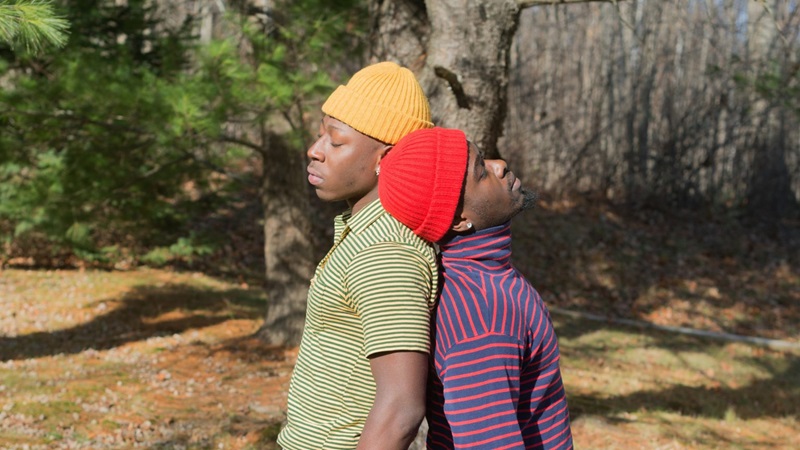
By assembling photographs of family and friends — found, collected, and made — I explore my multiple pasts and possibilities for the future.
